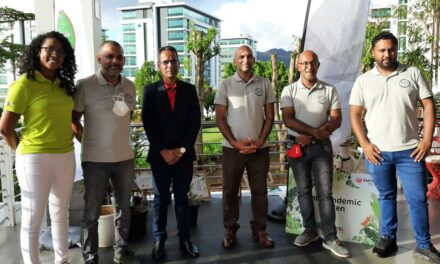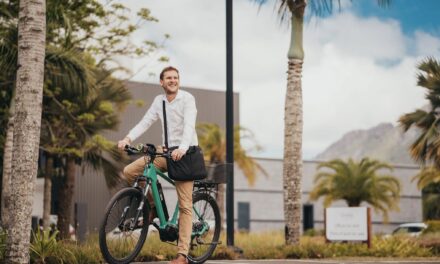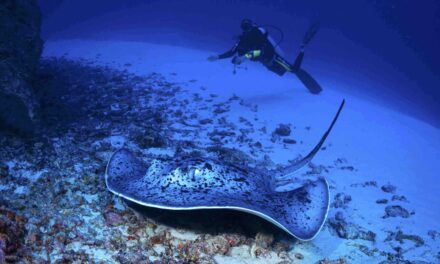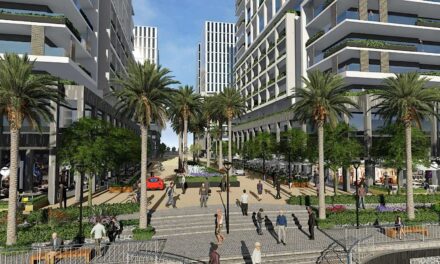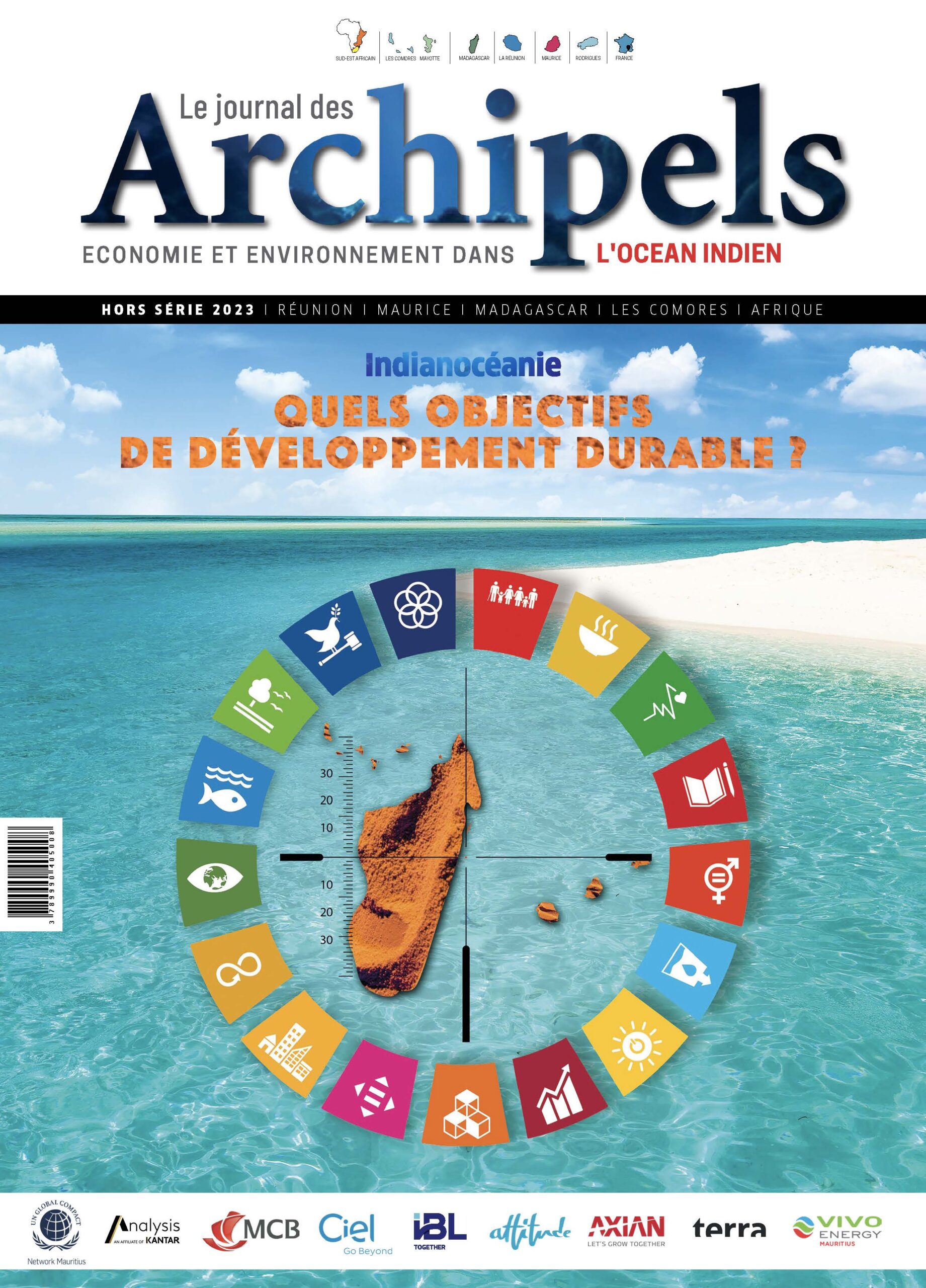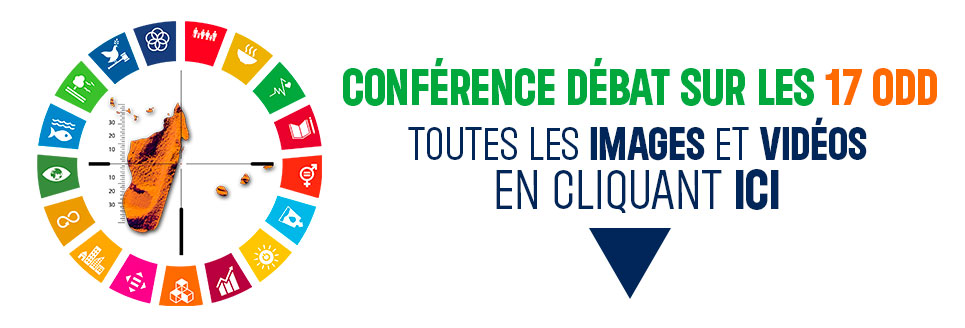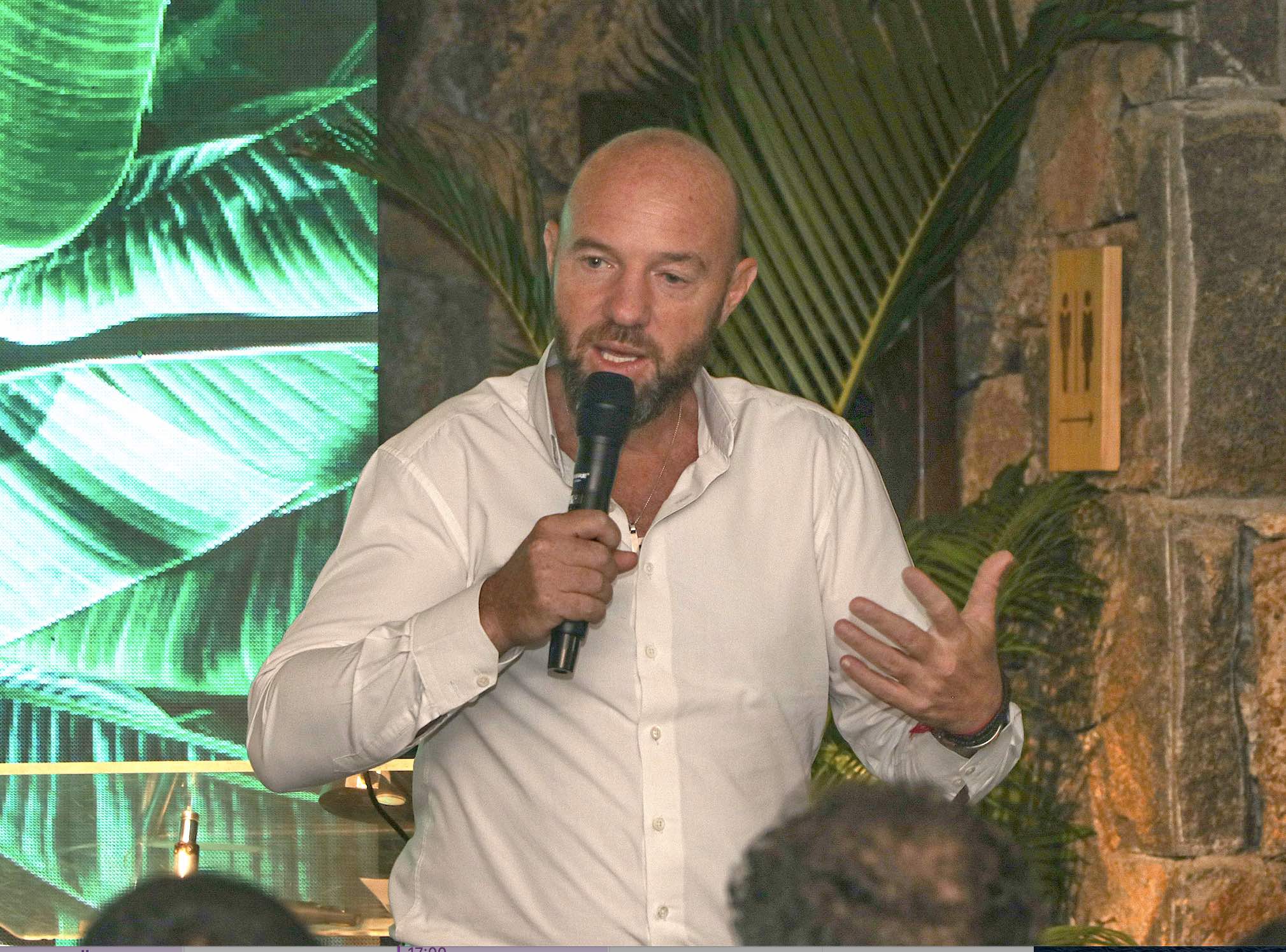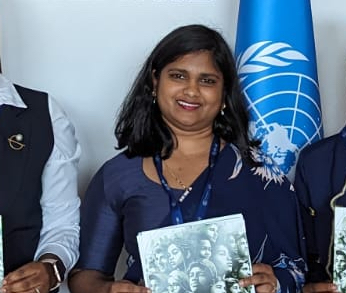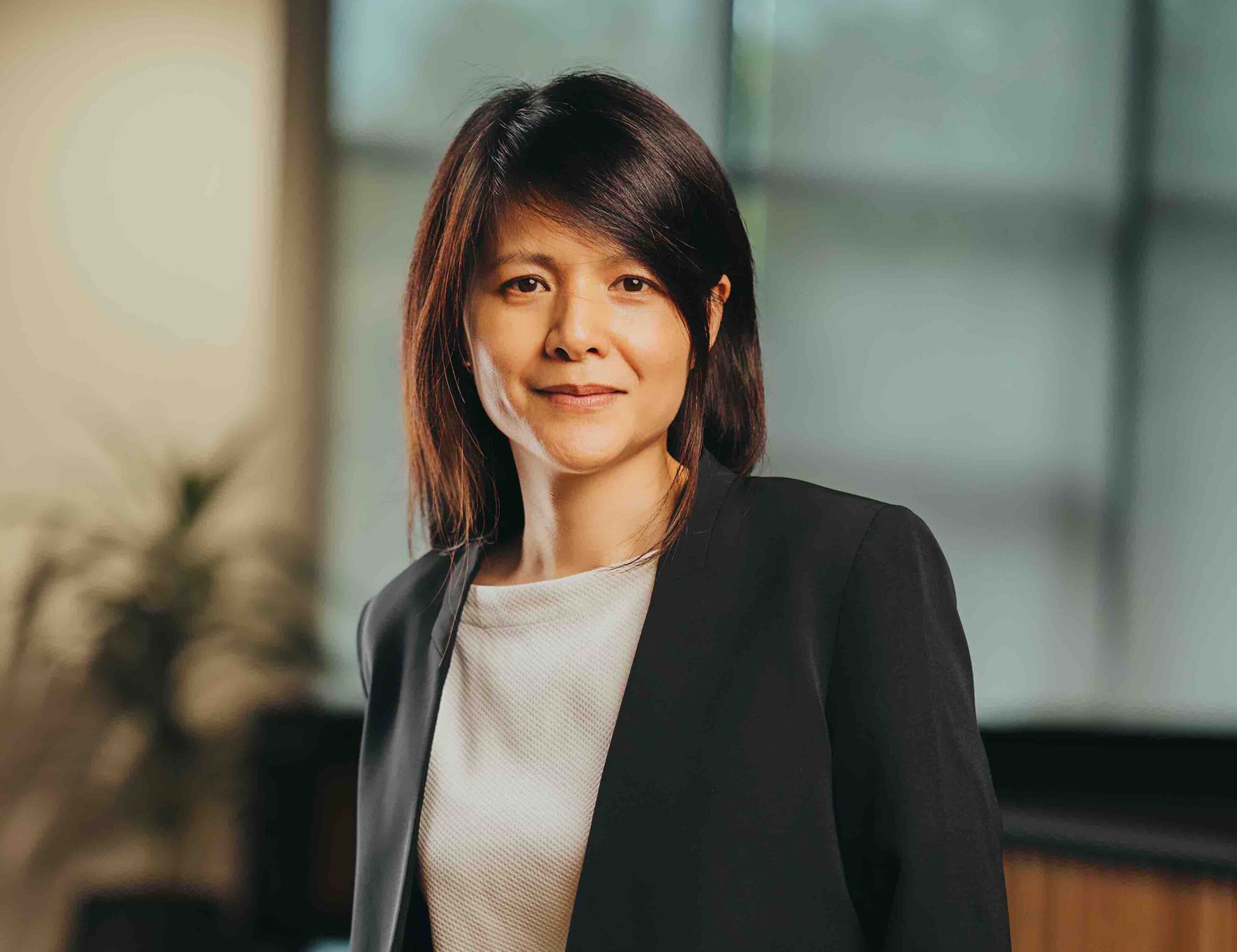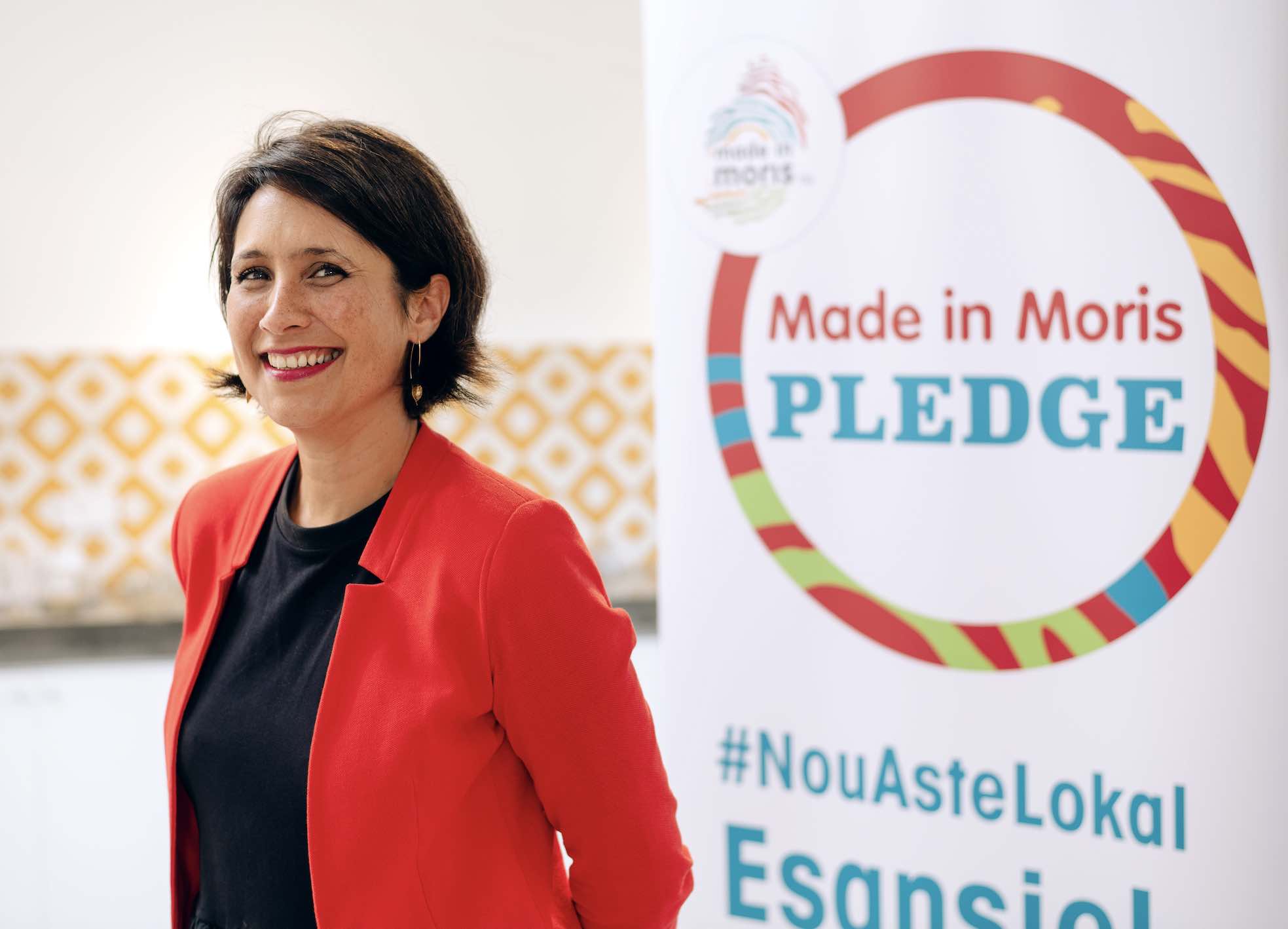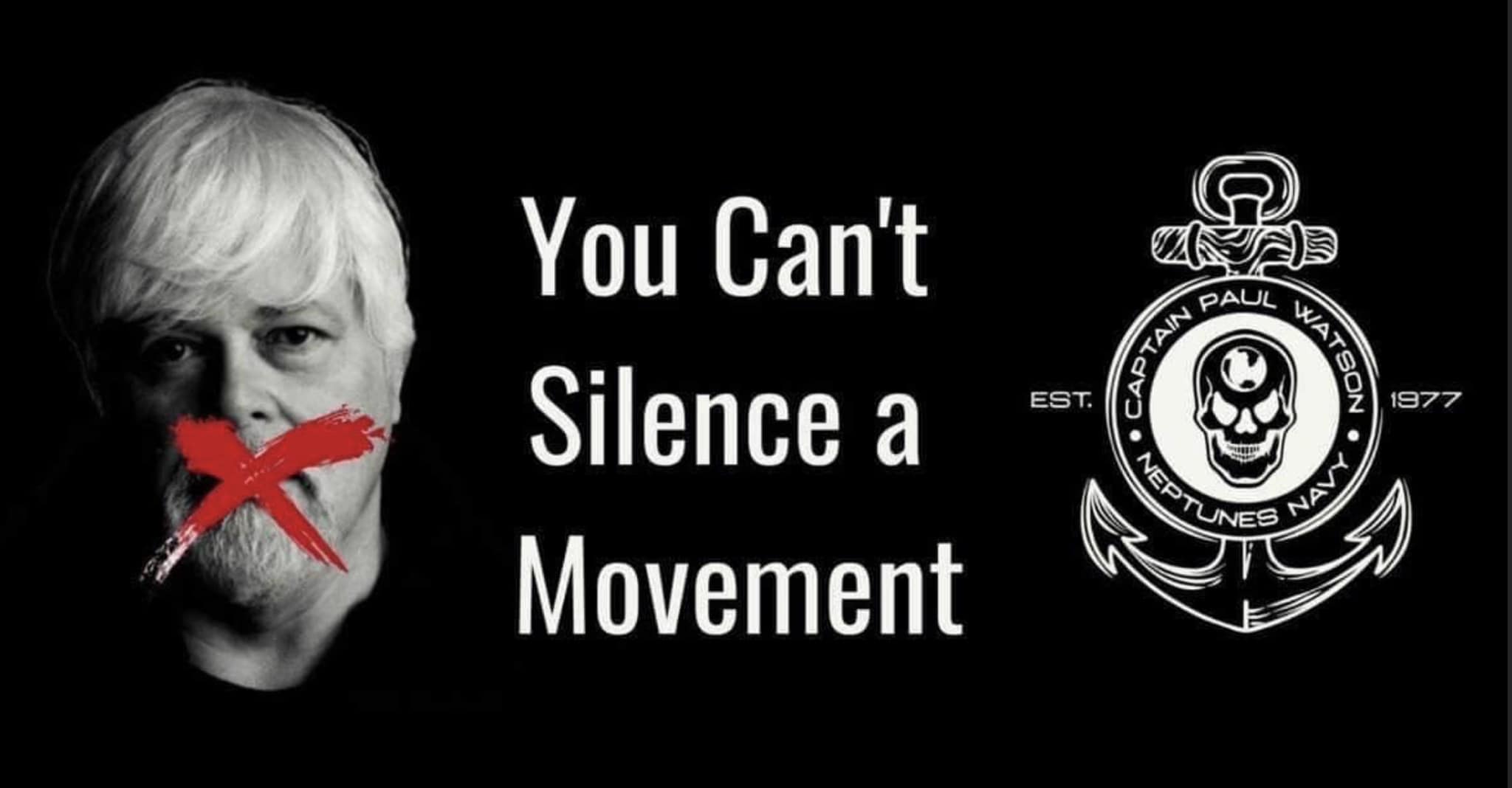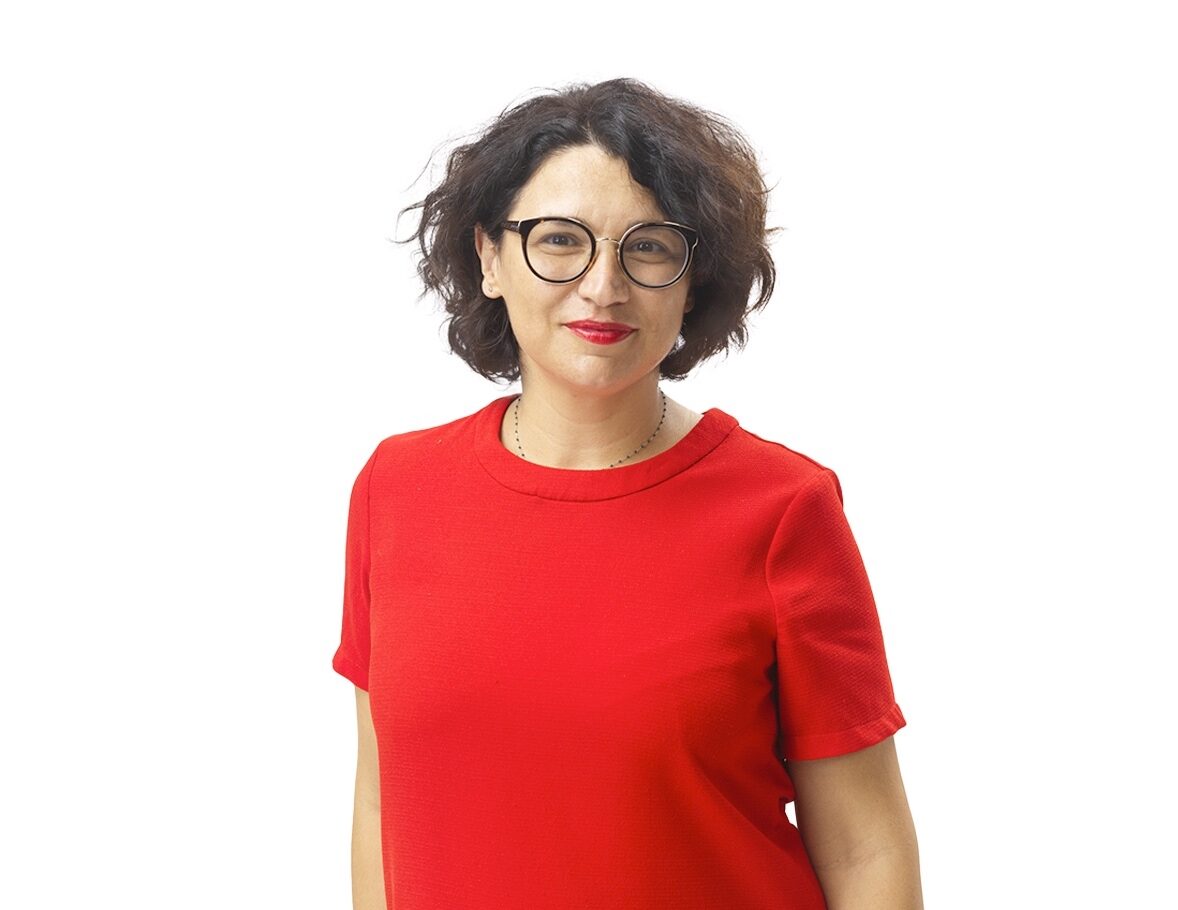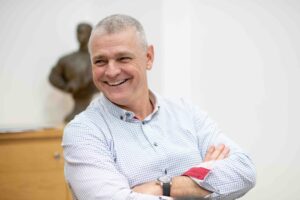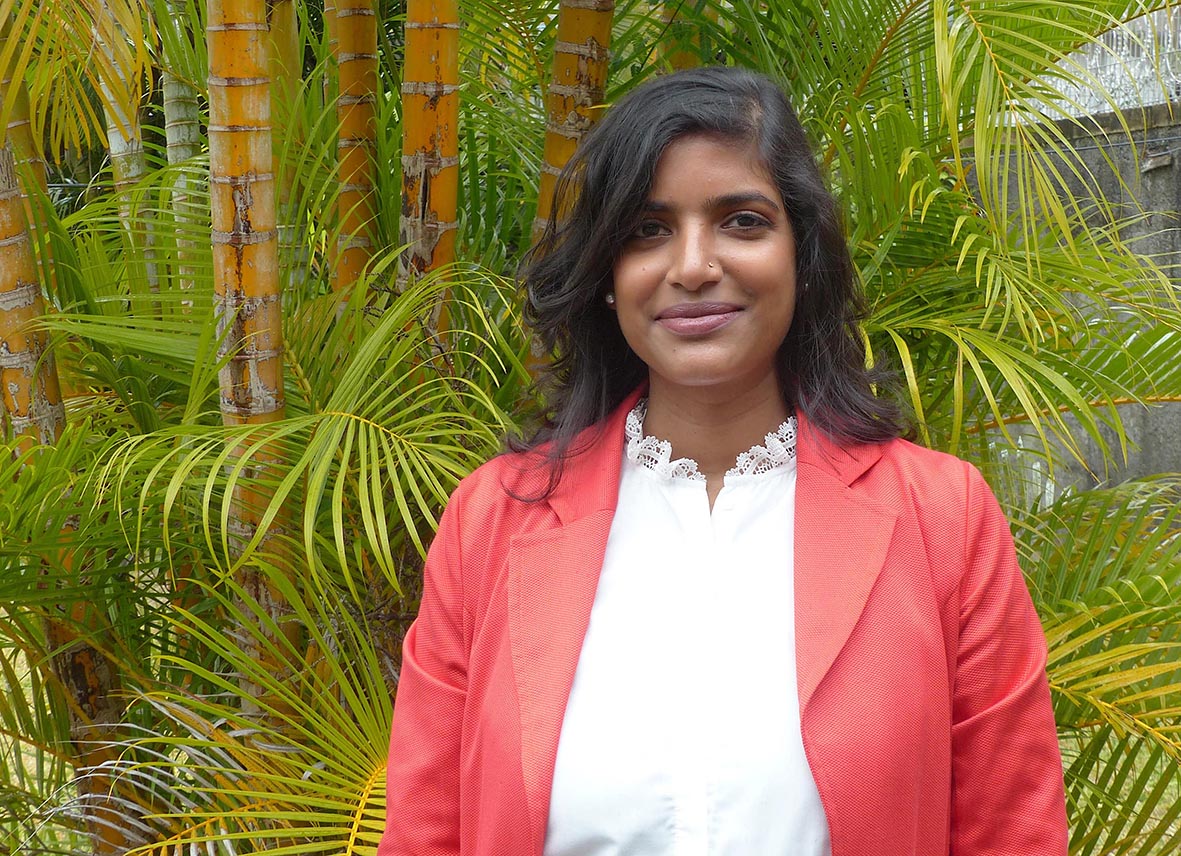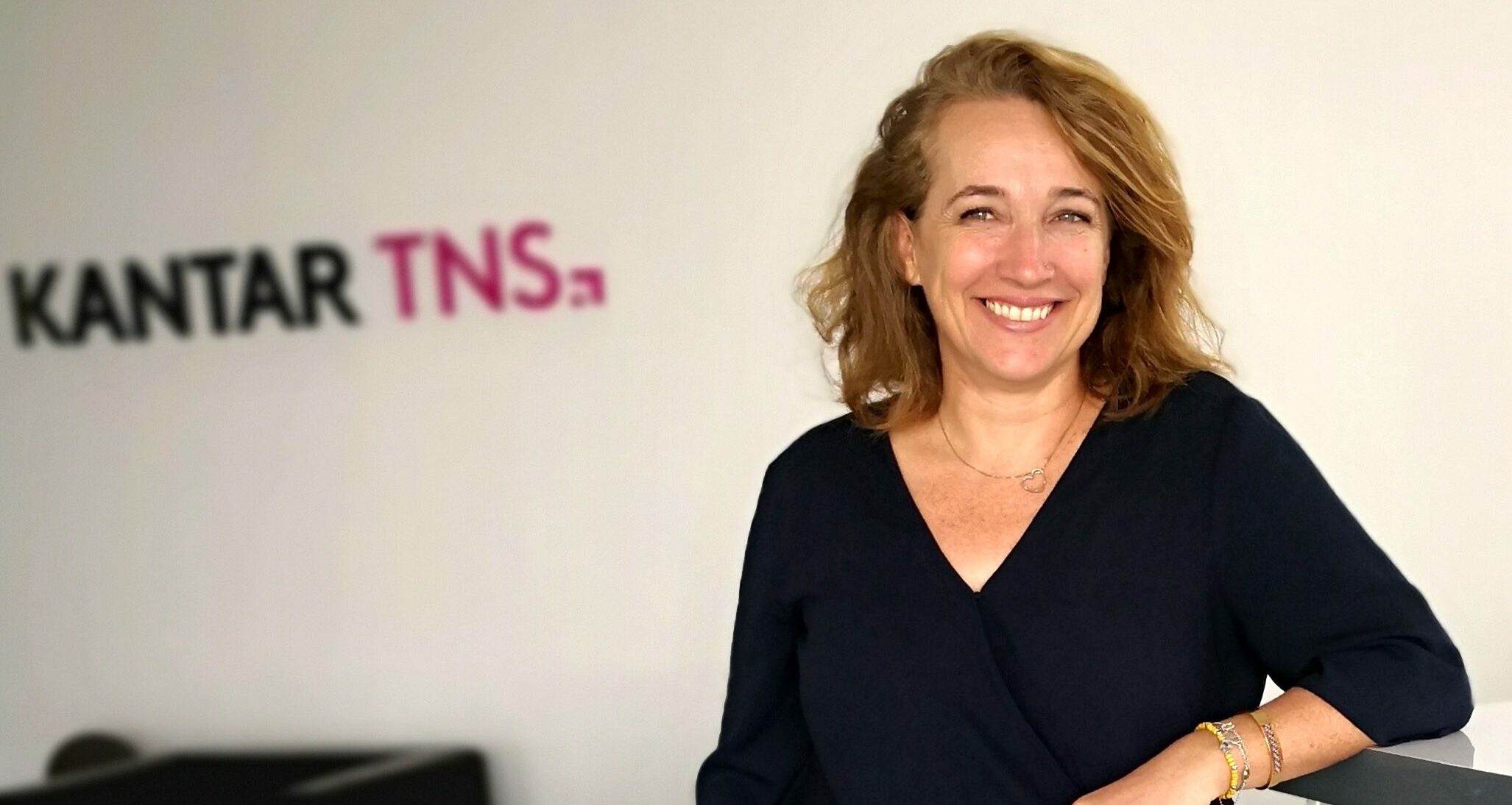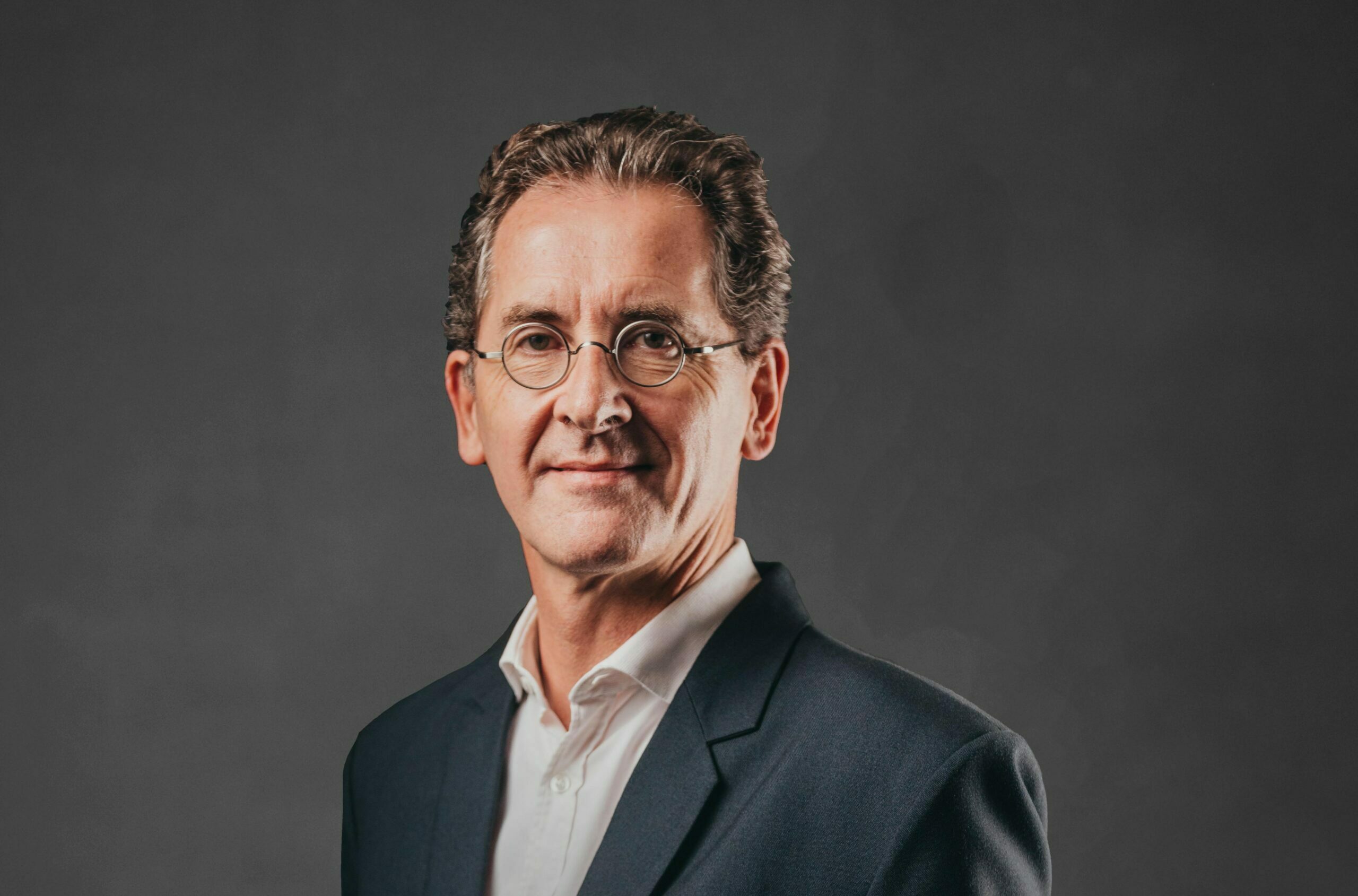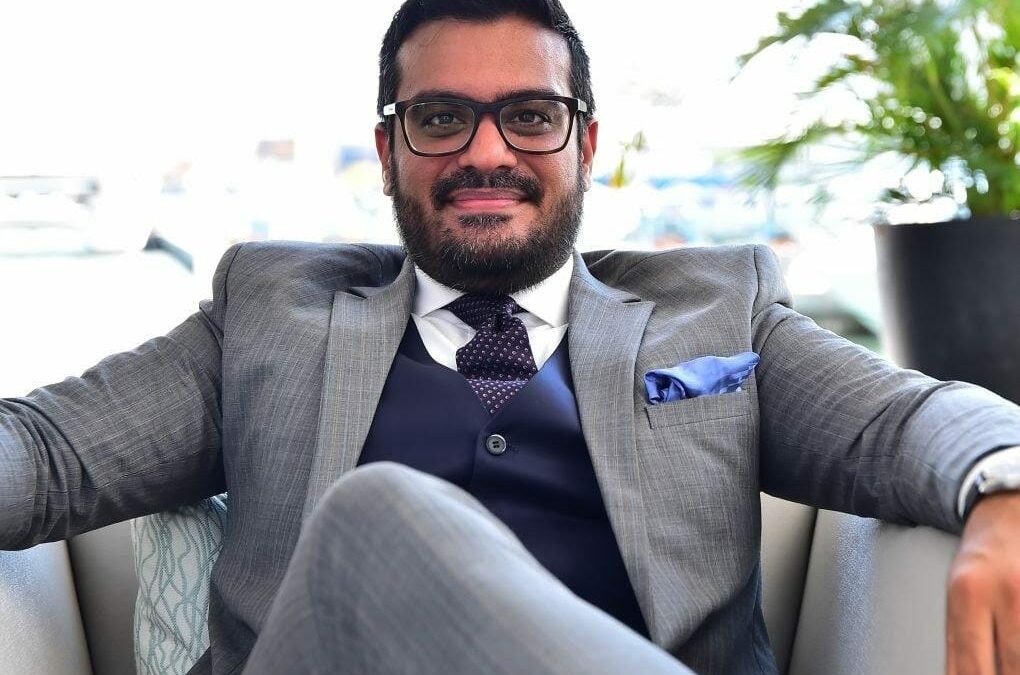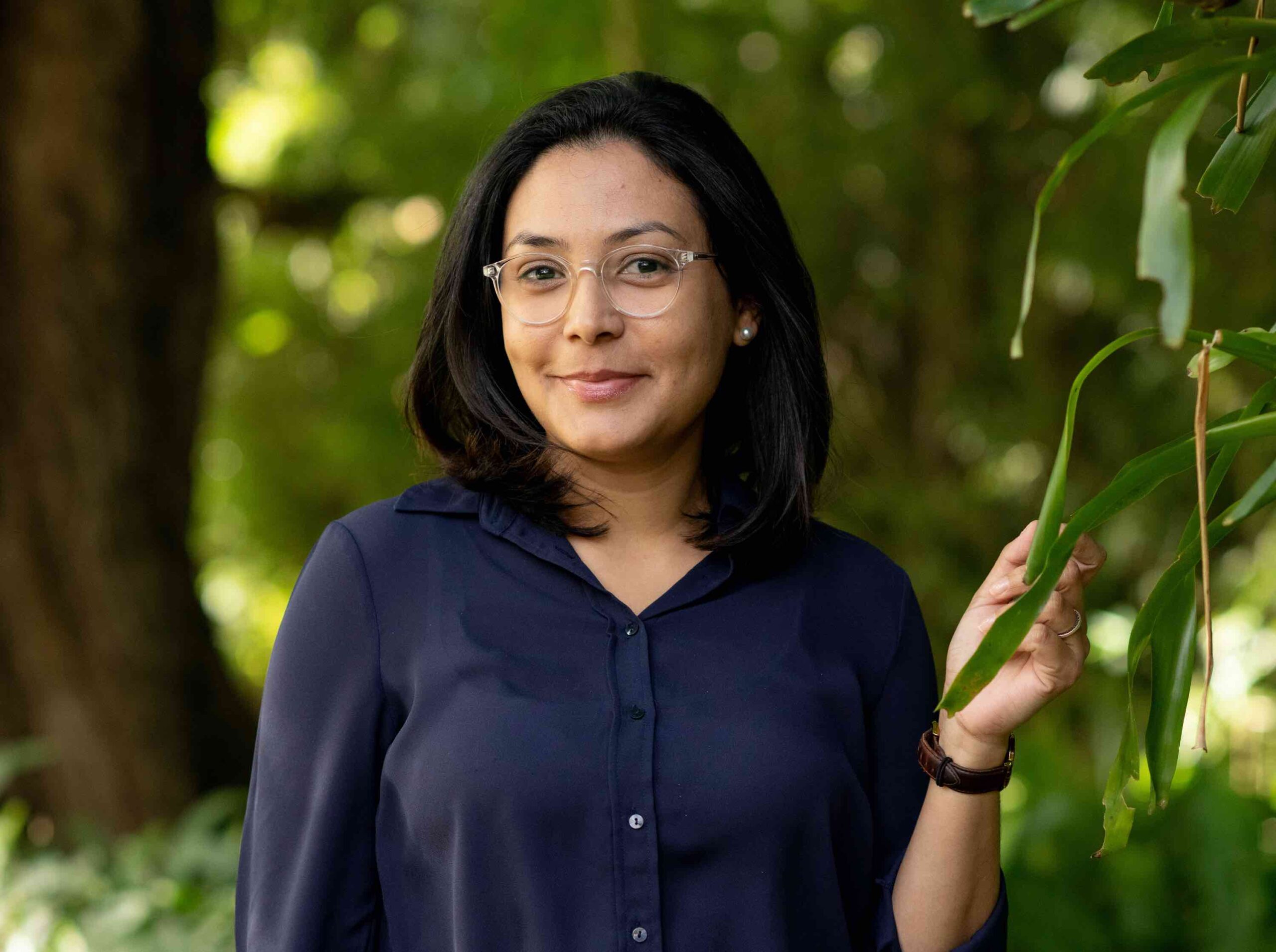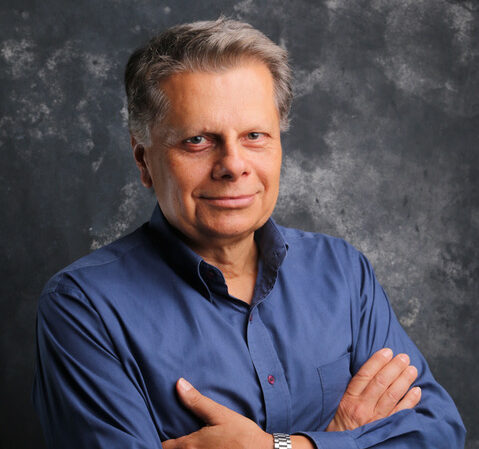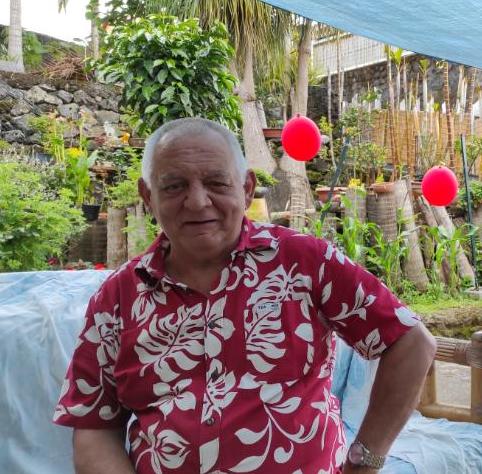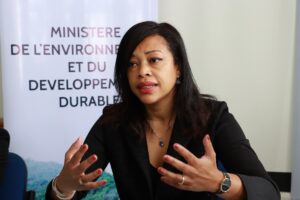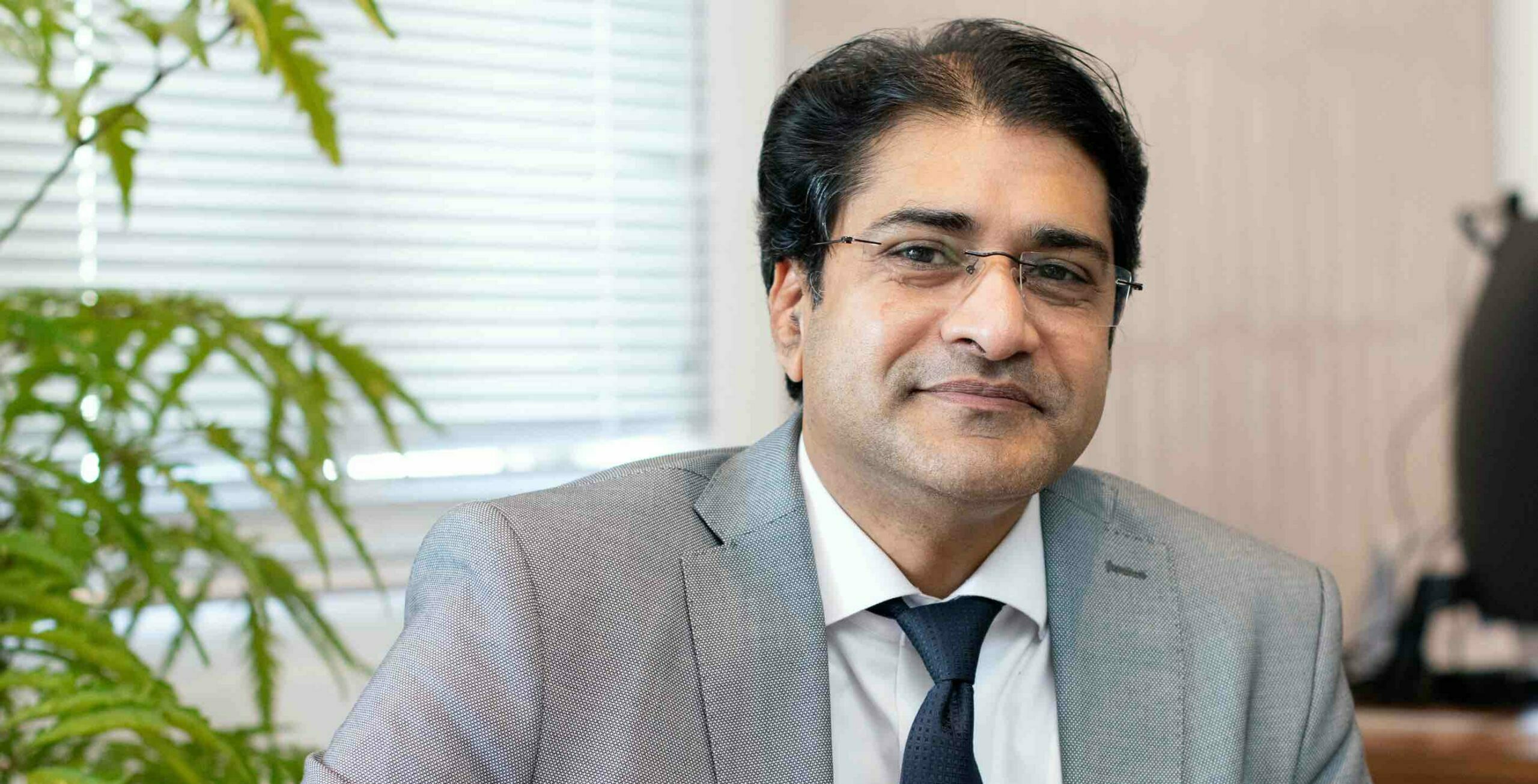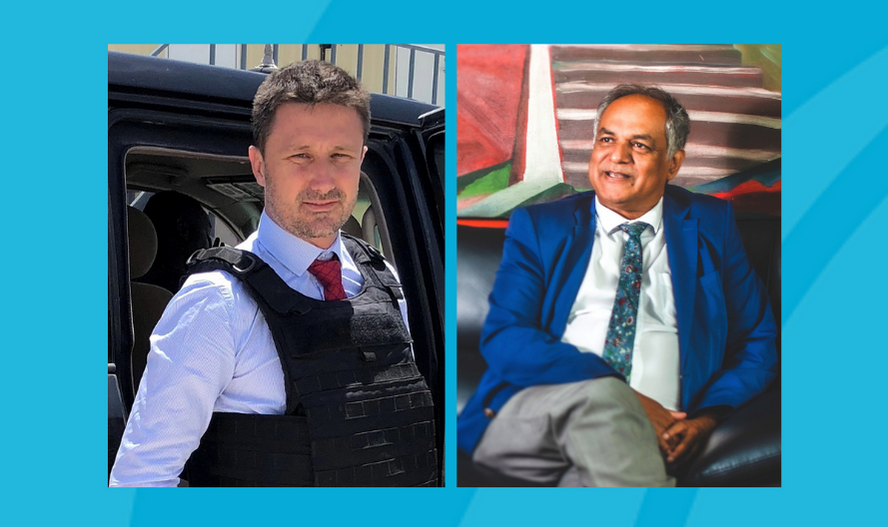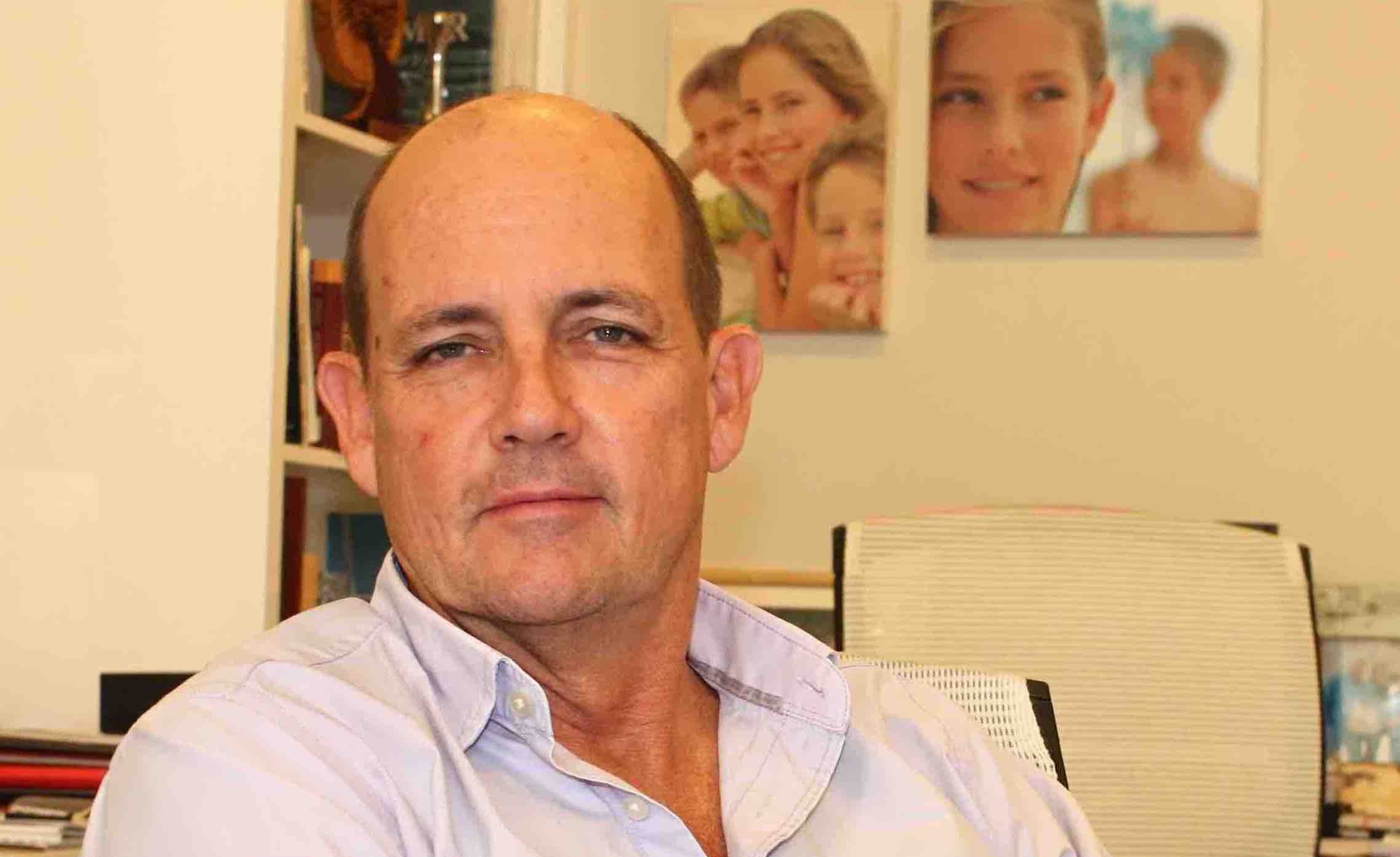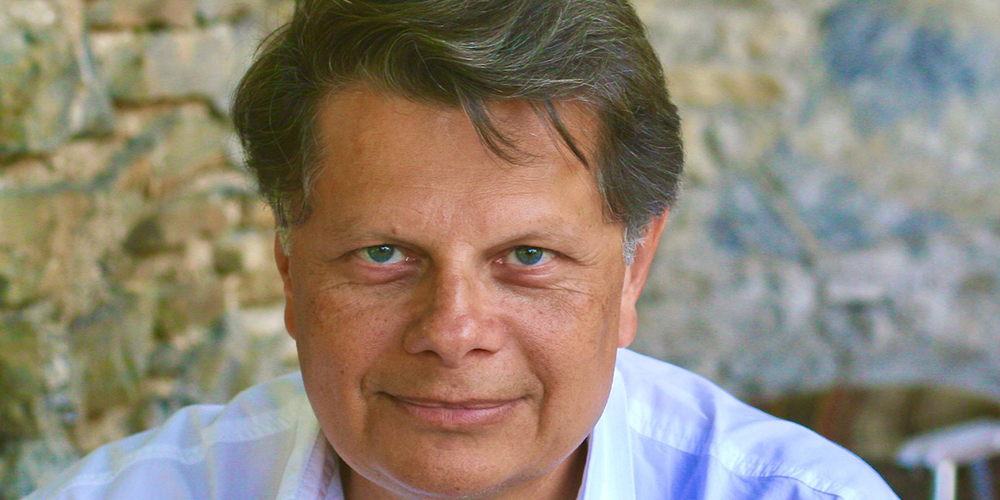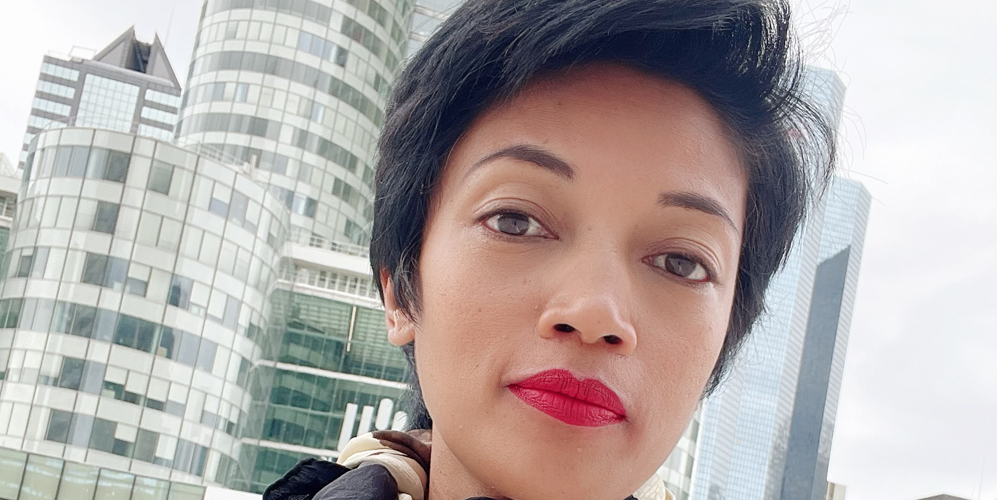Worldwide, plastic accounts for 75% of marine litter, 80% of which comes from land-based activities and is carried by rivers and canals. The ENL Group is therefore partnering with the Mauritius Fishermen Cooperative Federation (MFCF) Ltd and the Rotary Club of Phoenix to raise awareness among the fishing community and Mauritians about the impact of marine litter on biodiversity and our food chain.
The group undertook a cleanup campaign at Camp des Pêcheurs, Grand-Rivière-Sud-Est (GRSE), on Friday, August 20, 2021, and at the same time, discussed with local residents the urgency of managing detritus in a responsible manner. For ENL, it is urgent to promote a model of circular economy, and recycle and revalue this waste thus limiting its impact on the environment. This action in GRSE is all the more symbolic given that the GRSE is the longest river in the country. It flows more than 30 km from the central plateau to the southeast coast, carrying waste from its source and from the various regions it traverses. In just under two hours, about 50 volunteers from ENL, the Rotary Club of Phoenix, and MFCF recovered 70 bags, normally used for fertilizer packaging, to collect the trash. The garbage was either dumped by local residents or was carried in by the tides and the nearby river. The rocky coastline, difficult to access and populated by mangroves, favors the deposition of debris and the volunteers had to take the fishermen’s dugout canoes to access the sites to be cleaned.
Transforming plastic waste into eyeglass frames.
“Recycling is good, not polluting is even better. We must know that everything we throw away with carefree and by pure uncivility deface the environment before ending up in the sea, where it destroys the habitat of the marine life. The first to suffer is the fisherman who depends on the quality of the lagoon to feed his family,” says Hector Espitalier-Noel, CEO of the ENL Group. In order to recycle the collected plastic, the group has developed certain techniques through its subsidiary Plastinax Austral. This company, which specializes in the production and export of eyeglasses, melts various of plastic waste to generate raw material. “For several years now, we have been engaged in the search for sustainable materials for the manufacture of our eyewear frames. Helios, the brand we have developed for the local market, offers frames made of coconut, wood and biodegradable plastic,” comments Nicholas Park, General Manager of Plastinax Austral.



